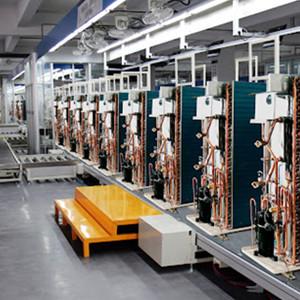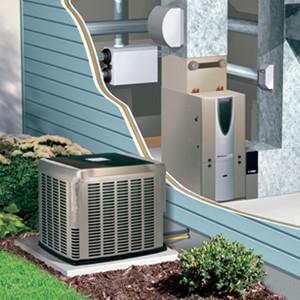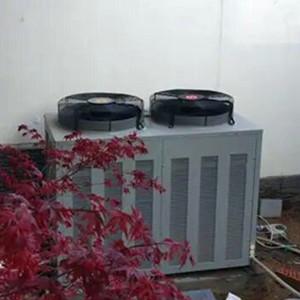Heat Pump Limitations
In recent years, air source heat pumps have gained popularity as an environmentally friendly and cost-effective heating solution. They use outdoor air to generate heat indoors, are highly efficient, and allow homeowners to reduce their carbon footprint and save money on heating bills. Without fully understanding heat pump technology, some people believe that air source heat pumps have many disadvantages. Here are some concerns about installing a heat pump and why they are often considered bad for homeowners.
1. Air source heat pumps are expensive
One of the main disadvantages of air source heat pumps is their relatively high installation costs. Although prices are gradually falling, the upfront investment required to install a heat pump is significant compared to a gas boiler. The installation process itself can also be complex, requiring technical expertise or modifications including new radiators or insulation.
You don’t have to be put off by the upfront cost of an air source heat pump because we can help. Under the Boiler Upgrade Scheme you can get £7,500 towards the cost of installation, which covers up to 75% of the total installation cost.
2. Heat pumps don’t work in cold weather
Air source heat pumps extract heat from the outdoor air, which means their efficiency can be affected by changes in weather conditions. The difference in outdoor temperatures between summer and winter can be significant. This means that during the colder months, when heating demand is highest, the heat pump's performance may decrease, resulting in lower efficiency and increased running costs.
To be honest, heat pumps are 3 to 4 times more efficient than gas boilers, and DO can still work in temperatures as low as -20 (including Vaillant's heat pumps). Although not very scientific, at sub-zero temperatures heat is still present in the air and is measured in Kelvin. Countries such as Norway and Sweden, which have very cold winter climates, have used heat pump systems for many years. Many residents of Norway and Sweden have never seen a gas boiler.

3. Air source heat pumps are noisy
Another disadvantage of air source heat pumps is the noise they produce during operation. Noise levels vary between different models and manufacturers, and this needs to be considered when installing a heat pump in neighboring properties or in urban areas with noise restrictions.
Yes, older, larger heat pumps tend to be noisier, but modern heat pumps are generally no noisier than refrigerators or combi boilers. Since they are also installed outdoors, you won’t hear the noise indoors. Certain measures, such as installing soundproof enclosures or placing equipment away from bedrooms and living spaces, can help mitigate any noise issues.
4. Air source heat pumps take up too much space
Air source heat pumps require an outdoor unit to extract heat from the air, which means they require sufficient external installation space. In densely populated areas with limited outdoor space, finding a suitable location can be challenging.
As technology advances, heat pumps become smaller and smaller, and when there is not enough floor space to install an air source heat pump, they can be mounted on a wall or even on a flat roof or extension.
5. Heat pumps don’t keep homes warm enough
The design of an air source heat pump means it is best suited for low-temperature heating systems such as underfloor heating or low-temperature radiators. Many homes may require new radiators or insulation improvements before installing a heat pump, which can be costly and disruptive, making them less beneficial than other heating options.
Yes, it's common to replace some radiators to ensure the system is efficient, but it's a simple job for any heat pump installer who knows their stuff. A professional heat pump installer will always design a system that's right for your home, provide accurate heat calculations, and give advice that may need to be applied in advance.
Should I buy an air source heat pump?
Although you have heard of some disadvantages of air source heat pumps, most are myths or based on misinformation. Air source heat pumps do have advantages and disadvantages like any heating system, but the benefits (including reduced carbon emissions, savings on heating bills and eligibility for government incentives such as the boiler upgrade scheme) far outweigh the disadvantages.
Every homeowner's situation and requirements are unique, so be sure to consult a heating professional who will ensure your property is thoroughly investigated to determine if an air source heat pump is the right choice.
Get more help
Leomon is a professional heat pump manufacturer. If you need to purchase an air source heat pump, please contact us. Our heat pump experts will give you the best advice.





